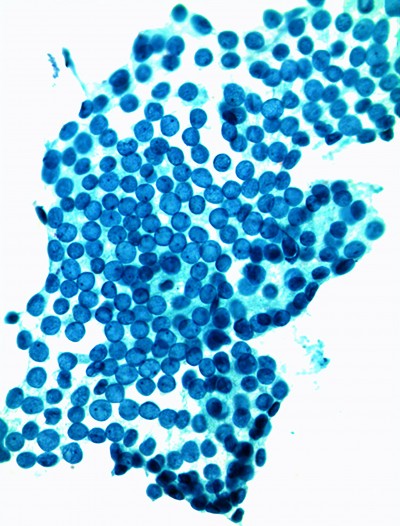Endocervical Cells In a Pap Smear: A Concept Changed
Several studies have shown that women with smears lacking EC/TZ cells are not more likely to have squamous lesions on follow up than are women with EC/TZ cells.
Immunoglobulin G4-related Disease
Immunoglobulin G4-related disease (IgG4-RD) is an increasingly recognized syndrome of unknown etiology, most often occurring in middle-aged and older men.
Lower Anogenital Standardized Terminology—The LAST Step?
The goal of the LAST project was to have clear, comparable and reproducible communication of diagnosis between and among pathologists and clinicians.
Increasing Gonorrhea Rates Statewide
Health officials across the northwest are trying to figure out why they see a sizeable increase in the number of gonorrhea cases recently. Overall, the state reported a 34% increase in gonorrhea cases in a year’s time.
Trichomonas—Ancient Protozoan
Trichomonas is a genus of protozoans that are parasites of vertebrates. Parasites live in their infected host, co-opt its resources, and cause disease.
Diagnosis of Blastic Plasmacytoid Dendritic Cell Neoplasm
In the correct clinical setting, positivity for CD4, CD56, CD123, and TCL-1 in a morphologically blastoid population supports the diagnosis of blastic plasmacytoid dendritic cell neoplasm.
Ask the Pathologist: Negative Pap but Positive HPV?
The most common reason for a negative Pap test with a positive HPV result is that the patient has an HPV infection, but the infection is not causing any cellular abnormalities.
Distinguishing Adenocarcinoma from Squamous Cell Carcinoma of the Lung
The response to certain drug regimens in patients with non-small cell carcinoma (NSCLC) with adenocarcinoma is different from squamous cell carcinoma patient response.
Testing for Candidiasis
Candida is always present in and on the body in small amounts; however, Candida can multiply when an imbalance occurs, such as when normal acidity of the vagina is altered or when hormonal balance changes.
Should Oral HPV Testing Be Performed to Screen for Oral Carcinoma?
The number of HPV-related oropharyngeal carcinomas is on the rise according to the Annual Report to the Nation on the Status of Cancer, 1975-2009; however, we still don’t have an accepted screening protocol in place to address the situation.
